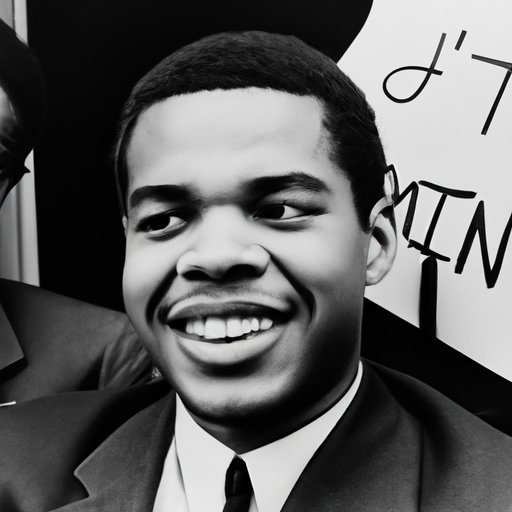Introduction
The Vietnam War (1955-1975) was a conflict between North and South Vietnam that resulted in over 58,000 American casualties. It was one of the most divisive wars in U.S. history, and its legacy still resonates today. This article will explore how the Vietnam War transformed American politics and culture, from changes in foreign policy to the emergence of the anti-war movement to the legacy of Vietnam War veterans.

Impact on American Foreign Policy and Military Strategy
The Vietnam War had a profound impact on American foreign policy and military strategy. As President Lyndon B. Johnson increased U.S. involvement in the war, he also expanded the power of the executive branch and created a precedent for presidential unilateralism. Additionally, the war led to changes in military tactics, such as an increased reliance on air power and more aggressive use of ground troops. Finally, the war marked the shift from conscription to an all-volunteer force.

The Role of the Media in Shaping Public Opinion
The media played a critical role in shaping public opinion about the war. Television networks broadcast graphic images of the conflict, which helped to create a sense of immediacy and urgency. The media also began to take a more critical stance, reporting on the failures and atrocities of the war. This led to growing disillusionment with the government and further eroded public support for the war effort.
Rise of the Anti-War Movement
The anti-war movement grew out of opposition to U.S. involvement in the Vietnam War. Protests were held across the country, from large-scale demonstrations to small acts of civil disobedience. Many of those involved in the movement were young people who felt that their voices were not being heard. The anti-war movement was also closely linked to the civil rights movement, as activists sought to draw attention to the issues of racial injustice and economic inequality.
Increase in Political Polarization
The Vietnam War ushered in an era of increased political polarization. Liberals and conservatives clashed over the issue of U.S. involvement in the war, and tensions between pro- and anti-war groups reached a fever pitch. Partisan rhetoric became increasingly heated, and the divisions between the two sides only deepened.

Influence on the Civil Rights Movement
The Vietnam War also had a significant impact on the civil rights movement. Activists saw a connection between the struggle for civil rights and the fight against the war, and African Americans were disproportionately represented among those serving in Vietnam. This led to a renewed push for civil rights legislation, culminating in the passage of landmark laws such as the Voting Rights Act of 1965 and the Civil Rights Act of 1968.
Legacy of Vietnam War Veterans
The legacy of Vietnam War veterans is often overlooked, but it remains an important part of the war’s legacy. Many veterans suffered physical and psychological injuries, and rates of homelessness and suicide remain higher among Vietnam veterans than in the general population. There have been efforts to recognize and honor their service, but much work remains to be done.
Conclusion
The Vietnam War had a profound and lasting impact on American politics and culture. It changed the way the U.S. approached foreign policy and military strategy, shaped the media’s coverage of the war, sparked a powerful anti-war movement, increased political polarization, and influenced the civil rights movement. Finally, it left a lasting legacy for Vietnam War veterans, many of whom continue to struggle with the effects of their service.
(Note: Is this article not meeting your expectations? Do you have knowledge or insights to share? Unlock new opportunities and expand your reach by joining our authors team. Click Registration to join us and share your expertise with our readers.)
